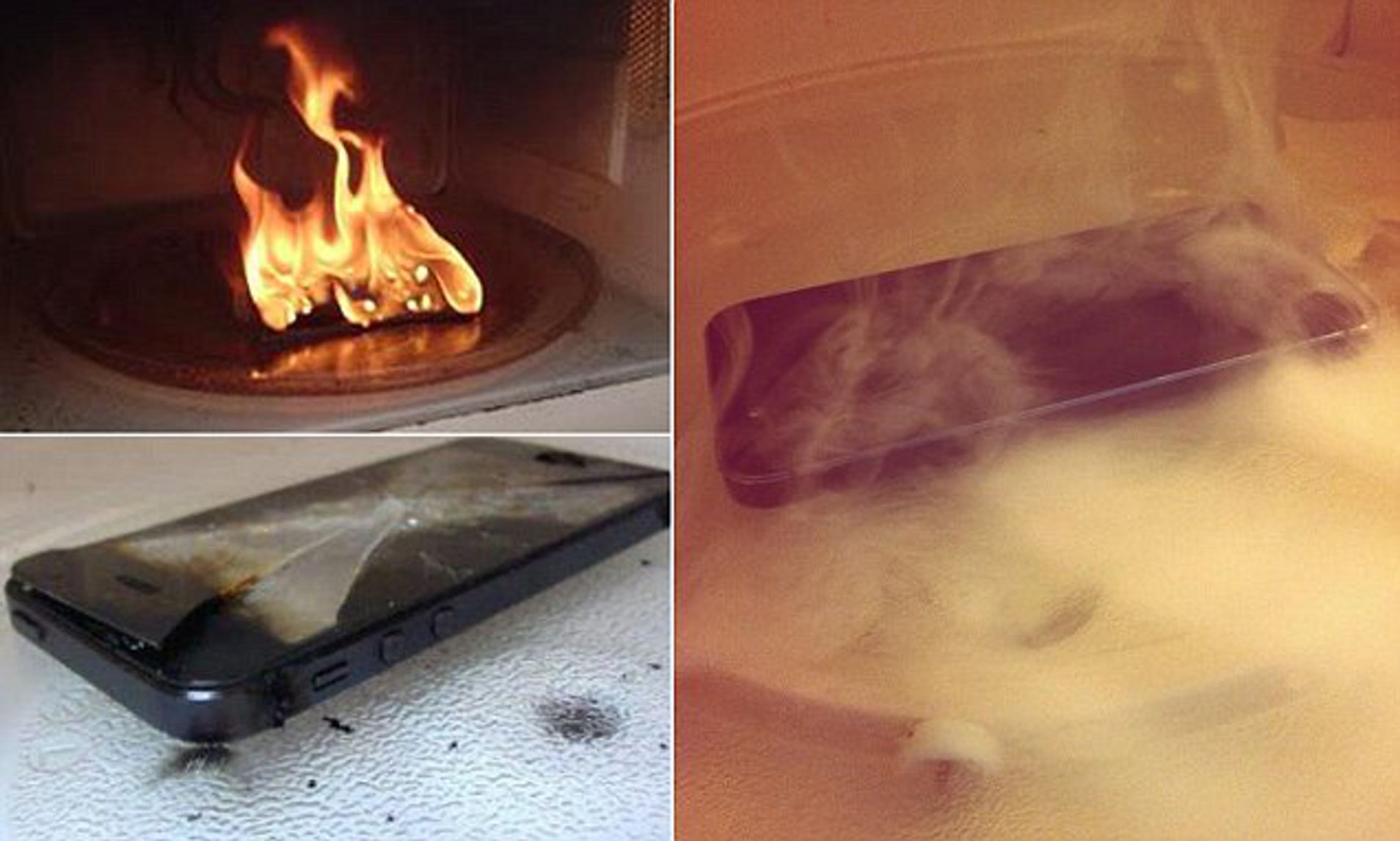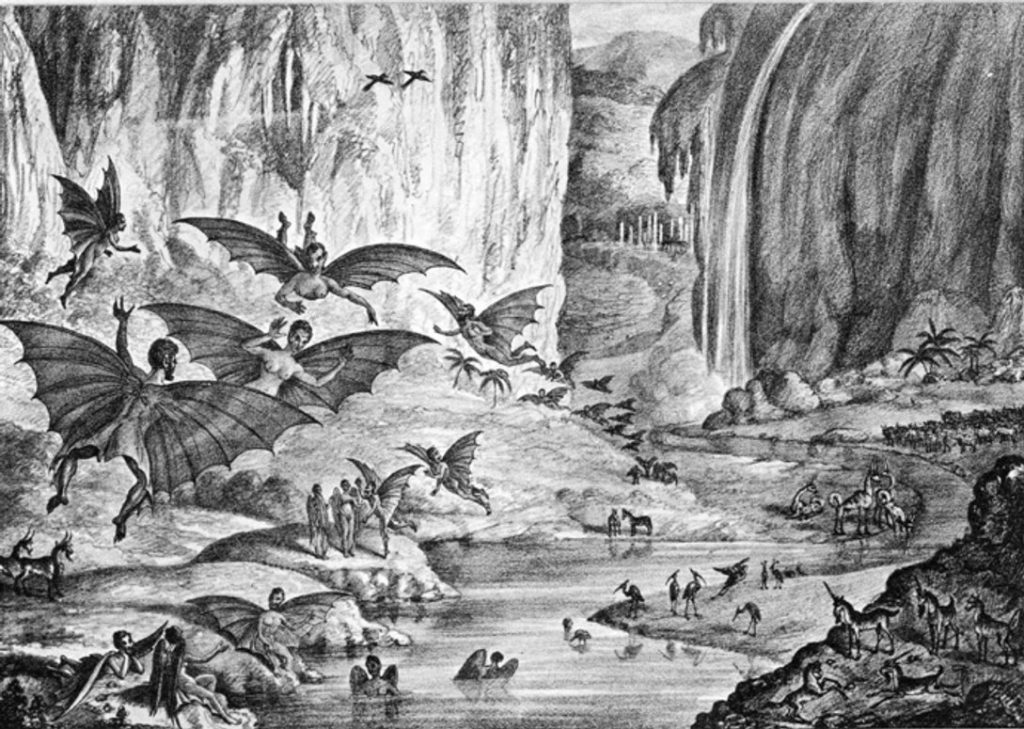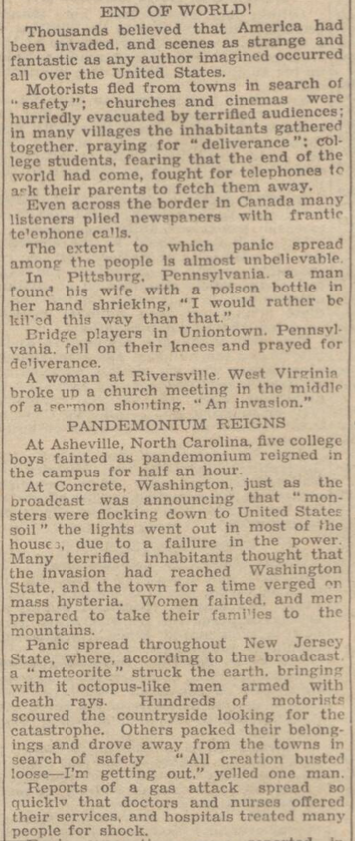

What is fake news?
Why does fake news exist?
How is fake news spread?
Why is fake news bad?
How do I detect fake news?
Is fake news a new problem?
What can we do to prevent fake news?
Which news outlets can I trust?
We hope that this workshop will provide the answers you seek regarding fake news
The simple answer is that fake news is any news that does not report the whole truth.
Please note the below stories are NOT true but do exist on the internet.
There are many different types of fake news and the reasons behind their existence varies
Here is a bit more information about the above fake news articles and how they came to be, to help highlight some of the reasons why fake news exists.

Below are a series of news headlines from various sources online (during October 2020). We have transferred them all to the same style to hide their sources. Can you guess which are fake?
Only two of the above articles are fake news
How hard did you find this exercise?
It's very difficult to determine the truth of an article from a couple of lines with no idea as to the source.
This is how fake news can spread so quickly on social media - these posts contain very little information and no source to verify, but if believable enough, people will share without checking if true.
Unfortunately, not. Fake news has been used throughout history with some of the earliest accounts dating back to the Romans.
The ability to spread faster around the world today, due to the internet - especially social media, means that fake news has a bigger presence now, than ever before.
What is propaganda?
Propaganda is the spreading of information, ideas and/or rumours to help or harm a person or group
During wartimes in particular, governments rely a lot on propaganda to gain the support of the population
The earliest record of using the spread of false information in the form of propaganda is from Ancient Rome. It was used by Octavian to claim rulership of Rome from Mark Anthony. He used poets and slogans engraved on coins to spread the message that Mark Anthony was not fit to rule as he was a drunkard and disloyal.
It could be argued that propaganda is the main reason for a lot of today's fake news, whether it's against political leaders, ethnic groups, religions, countries or even meat-eaters.
The topic of propaganda is so expansive we will be developing an online workshop to expand more on the subject.
Money is the reason for a lot of things, including the use of fake news by the media. Nowadays, media companies have statements and over-seers to ensure they remain true to the facts and apologise when issuing corrections. This was not always the case.
The most famous example of creating fake news for profit started on 25th August 1835 in The New York Sun.
A journalist at the paper wrote six instalments of a fantastic story about the discovery of life on the moon. It went into great detail in describing the life present, where they lived and entertained themselves. The whole story seemed genuine and even had the apparent support of astronomers from the time, or so the author claimed.

Why did they produce such a story?
This was done purely to gain subscribers to their paper. It was a publicity stunt to help them compete in the ever expanding newspaper business.
It was a successful ploy and the newspaper continued running until 1950.
Another historical account of profiteering through fake news, comes from the time of Jack the Ripper in Victorian London:
Newspapers were sold on the street by vendors who were reliant on selling them to earn their living. They realised that stories about Jack the Ripper sold better than anything else. This led to the vendors shouting out about Jack the Ripper articles that weren't even in the newspapers just to boost sales. Vendors caught doing this were arrested and charged with fraud.
Profiting from fake news still happens today. Advertising on websites makes companies a lot of money. The more advertising, the more they are paid. This is why a good way to check a source of a news article is by seeing what advertising is present.
An example of this is fake news used as 'click-bait'. A misleading or fake headline that takes you to a page filled with adverts that makes you travel to yet more pages of adverts to finish the article.
However, some more reliable sources, now include advertising on their websites to cover their costs to supply free news to the public.
Some fake news stories are simply there for entertainment purposes. Some more harmless than others though.
One of the best examples of such an occurrence before the internet, was a US radio show in 1938 that broadcast H. G. Well's War of the Worlds in newsflashes that seemed to interrupt the normal schedule.
So many people believed these newsflashes that before the broadcasts were even finished, people were attempting to flee to the coast or volunteer for the war effort against the Martians. This provided the rest of the world with some great news reports the next day...

If ever you needed evidence of the harm that can be caused by fake news, this is it. Although intended as entertainment, it resulted in mass panic, people in hospitals and some took their own lives as a better option than death by Martian heat-ray.
Did man REALLY land on the moon?
Are the world leaders controlled by the Illuminati?
Is the Earth flat?
Does Australia actually exist?
The creation of the internet and social media have allowed people with similar ideas to meet and build on their beliefs. People have taken advantage of this by publishing information that is out of context, twisting the facts, or a complete misunderstanding of the evidence.
This is a way of building distrust against governments, institutes and scientists. Some also do this simply to see how many people they can influence, or how much outcry they receive.
At the time of writing this webpage, the influence of QAnon has reached protestors in London. For those of you who do not know who QAnon is, they are an anonymous blogger who started the rumour that the world's hidden power factory - what would have originally been referred to as the Illuminati - are Satanists with horrific crimes to their names. The supporters of this belief can be found through innocent sounding hashtags such as #SaveTheChildren or #SaveOurChildren. This movement started in the US with the belief that Donald Trump will be the man to bring down these crime lords. Now, the groups statements and previous conspiracies are quoted on the placards and clothes of protestors in Britain and other European Countries.
This shows how powerful misinformation can be, and how just a single post can lead to un-justified anarchy across the world.
Fake news is not always totally false. In fact, the more believable fake news articles are based on some truth. The more truth included, the harder it is to uncover a lie within it.
Sometimes fake news articles use true facts/figures out of context to twist the truth to meet their own agenda - which may be political, sensational or simply to create anarchy.
Other news articles fall under the description of fake news simply due to the creator's personal bias. If a journalist wrote a report on a political action they were personally against, they may exaggerate the negatives and/or omit the positives. This means the article created would be un-balanced and not representative of all the facts.
Most professional journalists recognise their own bias and either take actions to counter it in their writing, or highlight it at the very start.
Where the line exists between biased reporting and fake news is not clearly defined. Governments are starting to hold news suppliers and social media to account for minimising the spread of biased/fake news.
For example; during the current 2020 Presidential elections in the US, Facebook and Twitter are facing governmental enquiries regarding their with-holding of a news story against one of the candidates whilst still sharing negative fake/biased news stories about the other.
Fake news is being created for the wrong reasons - whether for profit, political gain, or to increase someone's influence online
It undermines our trust in what we read online from even the most reliable of news sources.
Perhaps the most concerning aspect of fake news is the speed at which it spreads through a population, and the way it can sway public opinion. There are accusations that some countries are using this tool to sow discord into other countries, especially during elections/referendums. They may even be using this to fix results in their favour. Whilst countries suffer a rift in opinion over politics, they will be less aware of other, possibly darker events happening abroad.
News is supposed to keep the general population up-to-date with all current affairs. The aim is to keep everyone informed of anything that might affect them, their livelihoods or the country in which they live. Fake news undermines this goal and reduces our ability to make informed decisions, whether they be personal or political.
The internet itself was designed to be a way to share and culminate information for all the world to use. It was supposed to help improve our education and access to facts. Fake news has aided in achieving the opposite by preaching/presenting untrue stories/theories in a believable manner. This means the truth online is hidden amongst the noise made by those who wish to instil their own opinions on others - even when they have no evidence/proof to justify their claims.
There are individuals and groups who will claim any news article they do not agree with must be fake news, even when it isn't.
For example; during an election campaign in the UK, evidence came to light suggesting one of the party leaders had worrying ties to known terrorist organisations. This made headlines across all the major media outlets - however, staunch supporters of this leader ignored all the evidence and ran a campaign claiming all these news outlets were guilty of spreading fake news to discredit their party leader.
For those of you who believe this is the case, let it be noted that the BBC themselves reported on this person's apologies for calling these terrorist groups 'friends' in the past - still don't believe me, they even have the recording of the parlimentary session in which this occurred.
The main method to confirm a news article you've read is to look at where it's come from and check if the same news is being reported in multiple other trustworthy news sources.
What makes a news source trustworthy?
This is a tough question to answer. The best way to ensure the validity of a news article is to see if it's been published by a number of larger media outlets. A true news story is likely to feature across the BBC, ITV, Channel 4 and Sky News, along with various large national newspapers (e.g. The Independent, The Daily Mail, The Guardian)
Out of all these, the BBC has the best reputation in fact-checking before publication. They may be accused of presenting with bias at times, but very rarely have they been proven to present fake news. I say rarely, as they do participate in the yearly entertainment of April Fool's Day (1st April), where they create fake news to try and fool viewers. The first time they participated in this was 1957, see below for the fake news article they broadcast on BBC Panorama that day.
Many people fell for this hoax due to their lack of knowledge about Italian food in the 1950s, along with the fact it was presented as a documentary report on the trustworthy BBC.
So, as long as it's not April Fool's Day - the best way to confirm the truth behind a news article is to see whether the BBC has reported on it as well as at least one other major news outlet (as listed above).
Why should I be bothered about whether the news I share is fake?
We each have some responsibility about what we post and share on the internet, even anonymously. Helping spread, or make a fake news story go viral, aids the people behind it in their schemes which are normally detrimental to individuals or societies.
How would you feel if fake news you helped spread resulted in someone's death, civil disorder or even war?
That might sound extreme, but fake news online is building up such a strong following that these are plausible future outcomes.
For example, fake news generators in a foreign country could flood social media outlets with lots of fake news stories that sway public opinion regarding their country's government or leadership, this could easily build up into protests, riots, and even civil war.
So, please check any news article you wish to share online. If unsure, make that clear when you post it. If you want to share it for amusement/entertainment (i.e. you found it funny), please make sure you include that reasoning in your post.
Please remember, social media companies are now cracking down on those that spread fake news. This means you could have your account blocked and/or deleted if you share these articles.